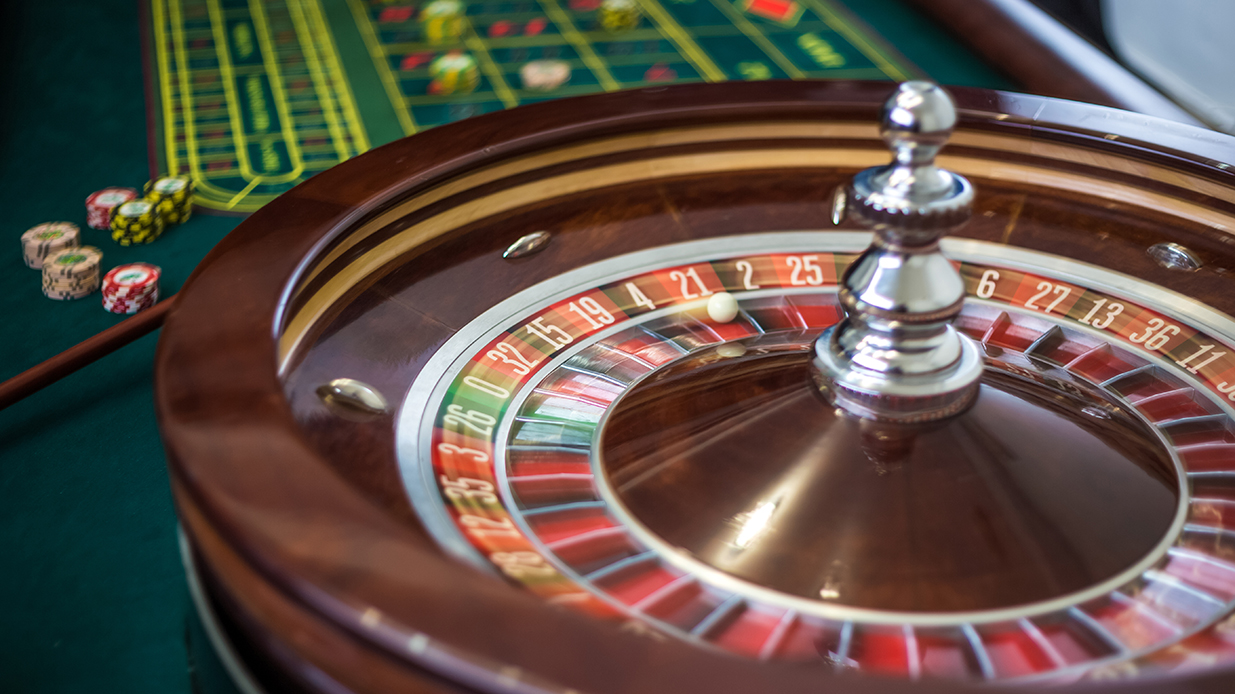Who Regulates Casinos

A number of readers and fellow gamblers have asked me recently about how much of the money we wager at Indian casinos actually stays on the reservation.
The answer: It depends.
They get more gambling revenue than Las Vegas. In 2017, Indian gaming revenues increased 3.9%. How we regulate the gambling industry. We regulate in a transparent, accountable, proportionate, and consistent way. Using a risk-based approach, we focus our resources on those issues and gambling businesses that potentially present the greatest risk to the licensing objectives. All commercial gambling businesses which hold a licence under the Gambling Act must comply with that legislation and our.
Background in this area requires a bit of case law. In 1987, the U.S. Supreme Court ruled (in the case California vs. Cabazon band of Mission Indians) that states had no authority to prosecute gaming conducted on Indian land. It was a huge victory for the tribes.
As tribes began reaping huge profits, state governments (including ours) reacted to this decision with alarm, and the U.S. Congress began consideration of federal legislation to regulate the Indian gaming industry. That law, the Indian Gaming Regulatory Act, was enacted in 1988 after tribes and states reached a compromise that gave states unprecedented regulatory participation through the negotiation of agreements called 'compacts.'
Since the passage of the law, California has ratified 67 compacts. These compacts dictate everything from the number of slot machines a tribe can have to the percentage of revenue it must share with the state (the rest would be the amount of each wager that stays on the reservation).
In some cases, environmental impact issues and other stipulations are incorporated into a compact, as well.
The Indian Gaming Regulatory Act also created three classes of tribal gaming:
Class I: Comprises 'social games' on reservations played solely for prizes of minimal value. This includes traditional forms of Indian gaming as part of tribal ceremonies or celebrations.
Class II: Includes bingo and related games, including pull tabs, lotto, punch boards, tip jars, instant bingo, electronic bingo and some card games (excluding house-banked card games).

Class III: Consists of all forms of gaming that are not Class I or Class II, including slot machines and house-banked table games, such as blackjack, roulette and three-card poker.
It's next to impossible to find Class I gaming at public facilities, and only Class III games require tribal-state compacts. That leaves Class II. These devices enable tribes to keep more of every dollar (because technically tribes self-regulate with Class II and they are not required to share a certain amount with anyone).
This is the kind of gaming found at San Pablo Lytton Casino in San Pablo, which boasts 1,100 machines that look like slot machines but actually are electronic bingo devices.
Gaming at most other Indian casinos is considered Class III, largely because the owning tribes first were required to iron out compacts with the state. Since a boatload of compacts in 1999, a handful of groups have amended the agreements to allow them to operate a greater number of Class III slots.

Most of the casinos in this scenario are in the southern part of the state, though Thunder Valley Casino in Lincoln and Coyote Valley Casino in Ukiah have renegotiated deals in recent years.
Rival Online Casinos Usa Welcome
While there's no question that not all of this money will stay on the reservation, more slots, of course, mean more chances to win.
Who Regulates Casinos In Florida

Once a month this column will address specific strategy and table etiquette questions from readers. Submit questions to 96hours@sfchronicle.com.

Who Regulates Indian Casinos In California
Despite regulation being a developing political process and not being as strong as it should be at the moment, where a casino is regulated (holds its license) can make a difference to how safe your money is. Below you’ll find a list of the regulatory authorities that license all of the casinos you will find on this site. These range from strong regulators that are working towards making online gambling a safe and reputable industry to namesake regulation that cater to what are essentially casino clip joints. You’ll find contact details and complaint information contained on the relevant pages, but you should always consider posting a complaint here before contacting a regulator – frequently we are able to resolve disputes faster than a regulator can.
Who Regulates Casinos In Michigan
We’ve built the strength and reputation of the licensing body a casino works with as a ranking factor into our casino reviews and in this fashion it should ensure that casinos with weak regulation find it far more difficult to gain prominent placement on the site. This does lead to one issue however for any visitor for the USA; with the passing of the UIGEA act in 2006 it became illegal for US banks to process transaction to or from online casinos and as such the vast majority of the casino industry withdrew from the US market. Most of the strong regulators stopped licensing any casino that continued to accept US players at that point. This means that the casinos found at the top of our list almost without exception will not accept US players. To provide an alternative and help our US customers find the best venues they can play at, we’re in the process of building in geographically filtered lists. These will allow you to look at the top rated casinos for your specific area of the world and is already active on the homepage. We hope to have this active on our full casino list in the near future.